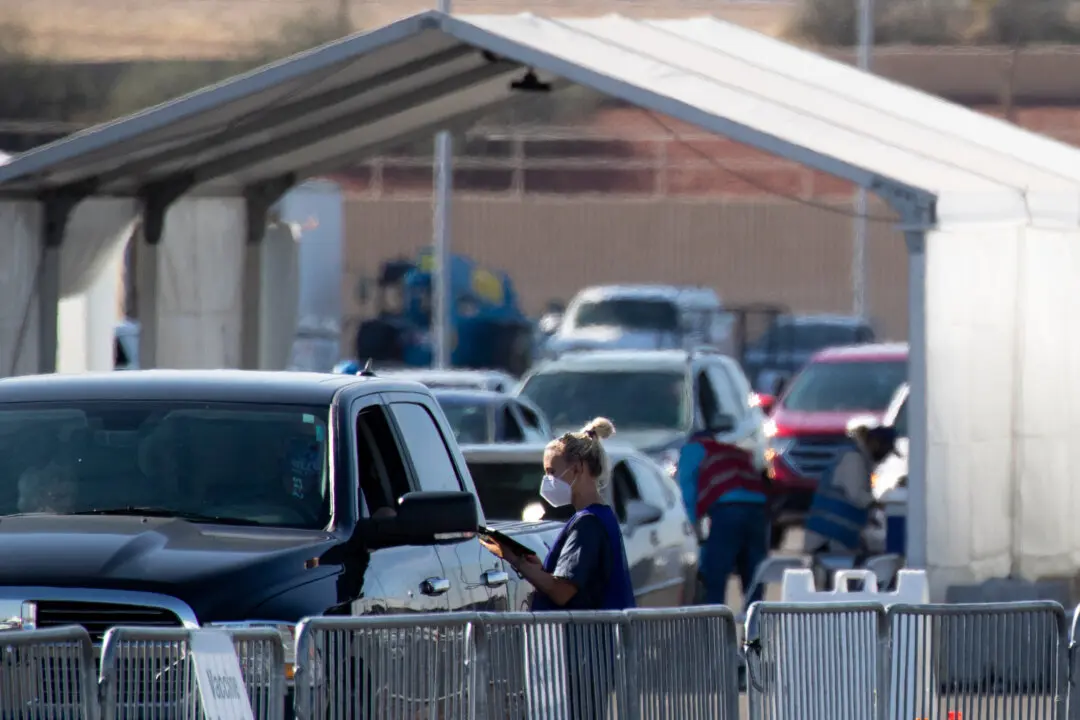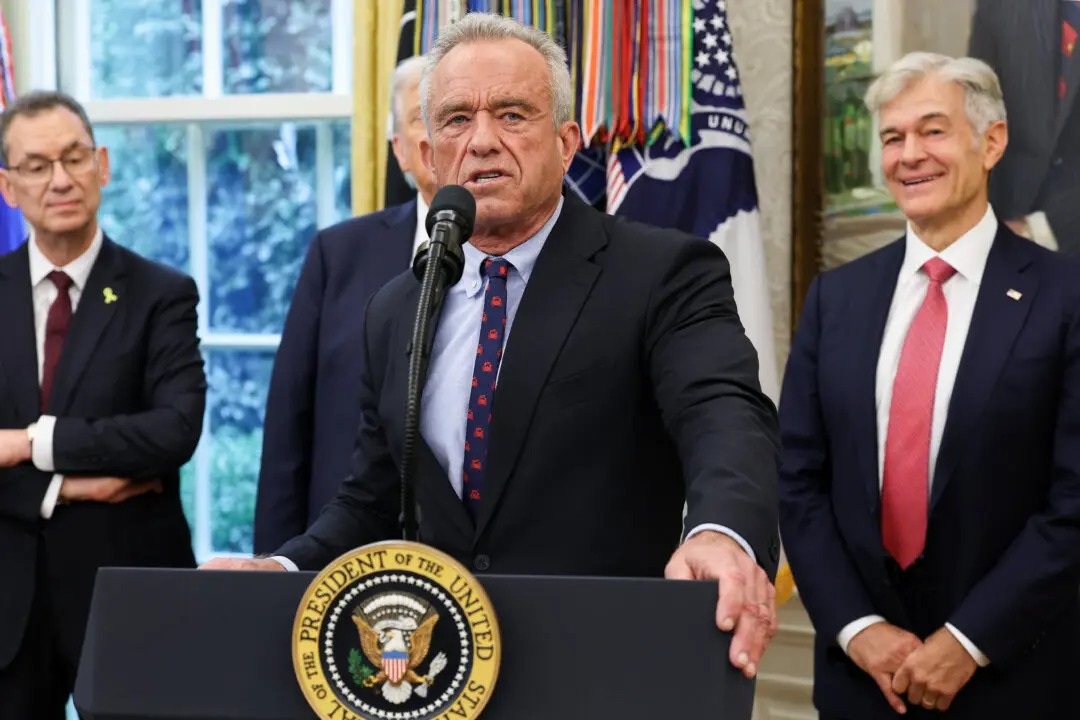A watchdog is seeking records from the government on its inconsistent COVID-19 vaccine recommendation.
Biden administration officials have for months claimed that a COVID-19 vaccine has become a once-a-year routine. “For a large majority of people, an annual COVID shot should be all they need,” White House COVID-19 response coordinator Dr. Ashish Jha said in September. That same month, White House chief medical adviser Dr. Anthony Fauci compared the cadence to the flu vaccine, which is administered once per year.





